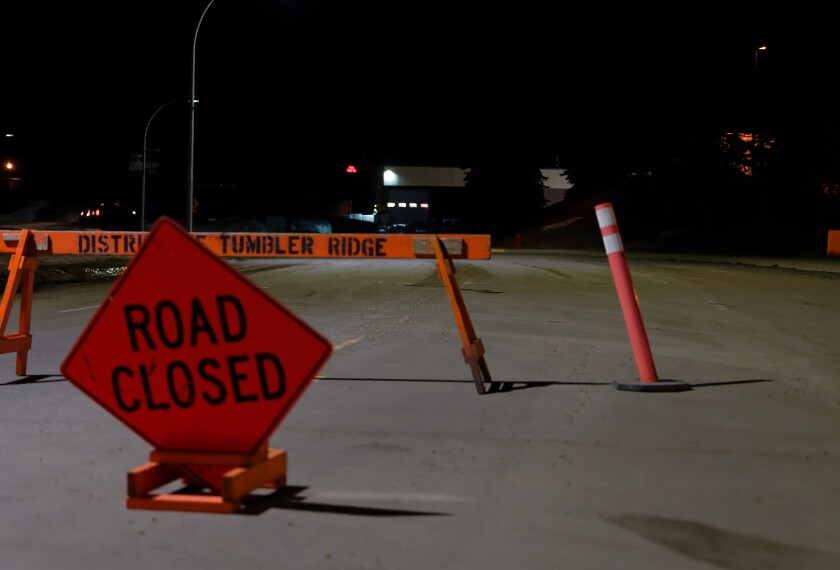A state review panel’s report on a student gunman’s shooting spree at Virginia Tech last spring is spotlighting questions about student-records laws and whether high schools should be able to share more information about their graduates with colleges.
School staff members at all levels need more training on privacy laws affecting students, suggests the report. And it recommends that Congress and the U.S. Department of Education consider changes to the main federal school privacy law, the Family Educational Rights and Privacy Act, or FERPA, and its regulations, to help clarify confusing provisions and to offer stronger protections for school officials over disclosures of information.
There was plenty of evidence to indicate that Seung Hui Cho, the Virginia Polytechnic Institute and State University student who killed 32 other people and himself on April 16, needed effective mental-health services, the panel says.
But neither Mr. Cho’s parents nor the staff at the university in Blacksburg, Va., had reviewed all the warning signs, in part because officials didn’t have a clear understanding of the complex patchwork of laws governing student records, according to the Virginia Tech Review Panel, which Virginia Gov. Tim Kaine formed to investigate the shootings.
The panel’s Aug. 30 report suggests that “a lot of [Virginia Tech officials] were very confused about privacy laws,” said Gordon K. Davies, a member of the panel and a former director of the State Council of Higher Education, Virginia’s higher education coordinating board. Colleges tend to err on the side of caution in situations involving student privacy, he said.
“I don’t fault them for it at all, but I do think there could have been any number of interventions,” Mr. Davies said in an interview last week. Mr. Cho’s professors and others urged him to seek counseling, but there was no mechanism in place to make sure he followed through with that suggestion beyond initial visits to the university’s counseling center.
The Washington-based National Association of Attorneys General recommended last week in a report that state and federal lawmakers examine privacy laws to “remove barriers to effective information sharing.”
Sharing Observations
At the K-12 level, FERPA generally allows parents to review their children’s educational records. Parents also must consent to the release of records that contain personally identifiable information. Once a student turns 18, or starts college, those rights transfer from the parent to the student.
Under FERPA, schools are allowed, however, to release information from education records to parents if the health or safety of a student is at stake, or if the parents claim the student as a dependent on federal income-tax forms.
At Virginia Tech, concern over violating privacy laws appears to have prevented some officials from sharing information with Mr. Cho’s parents and other organizations within the university that they were actually allowed to disclose, according to the review panel.
For instance, while FERPA protects student records maintained by the educational institution, it does not apply to a professor’s personal observations of a student’s behavior, according to guidance provided by the federal Education Department that is included as an appendix to the panel’s report.
In Mr. Cho’s case, several professors in the English department were aware that he had written violent stories and had taken pictures of students during class without their permission. They could have contacted Mr. Cho’s parents with that information without violating FERPA, the report says.
Such an intervention might have made a difference, the report suggests. Mr. Cho’s parents, Sung-Tae Cho and Hyang Im Cho, had sought counseling for their son when he was in middle and high school. Had they known about the professors’ concerns and other warning signs, they would have “taken him home and made him miss a semester to get this looked at, … but we just did not know … about anything being wrong,” the parents told the panelists.
Information on Spec. Ed.
FERPA isn’t the only law that relates to student privacy. School officials and medical providers who worked with Mr. Cho also had to contend with the federal Health Insurance Portability and Accountability Act, which applies to medical records, as well as state privacy laws. The myriad of measures with different rules and exceptions might have compounded confusion.
The review panel’s report recommends that federal privacy laws be revised to include a “safe-harbor provision” that would protect officials or organizations from liability, or loss of funding, if they made disclosures they believed were necessary to ensure the safety of the individual students involved or the general public.
The review panel also suggests that FERPA be amended by Congress to specifically include an exemption for medical records needed for treatment purposes.
Mr. Cho’s case also highlights potential problems in the way K-12 school systems and colleges share information during the admissions process. While he was a student in the 164,000-student Fairfax County, Va., school district, Mr. Cho had received special education services, but Virginia Tech officials were not aware of them.
The Individuals with Disabilities Education Act prohibits schools from disclosing a student’s special education services during the college-admissions process, according to the review panel’s report. After a student is accepted, schools may release such information only if the student is seeking similar accommodations in college. Mr. Cho did not, according to the report.
The review panel declined to recommend that federal disabilities laws be amended to require schools to disclose information on special education accommodations or services once a student is admitted to college. But the panelists wrote that they hoped the issue would be “debated fully in the public realm.”
Thomas Hutton, a senior staff lawyer with the National School Boards Association, in Alexandria, Va., suggested that school counselors could encourage parents to make colleges aware of their children’s emotional and other needs once they are admitted. Still, Mr. Hutton acknowledged that school counselors’ time is limited.





